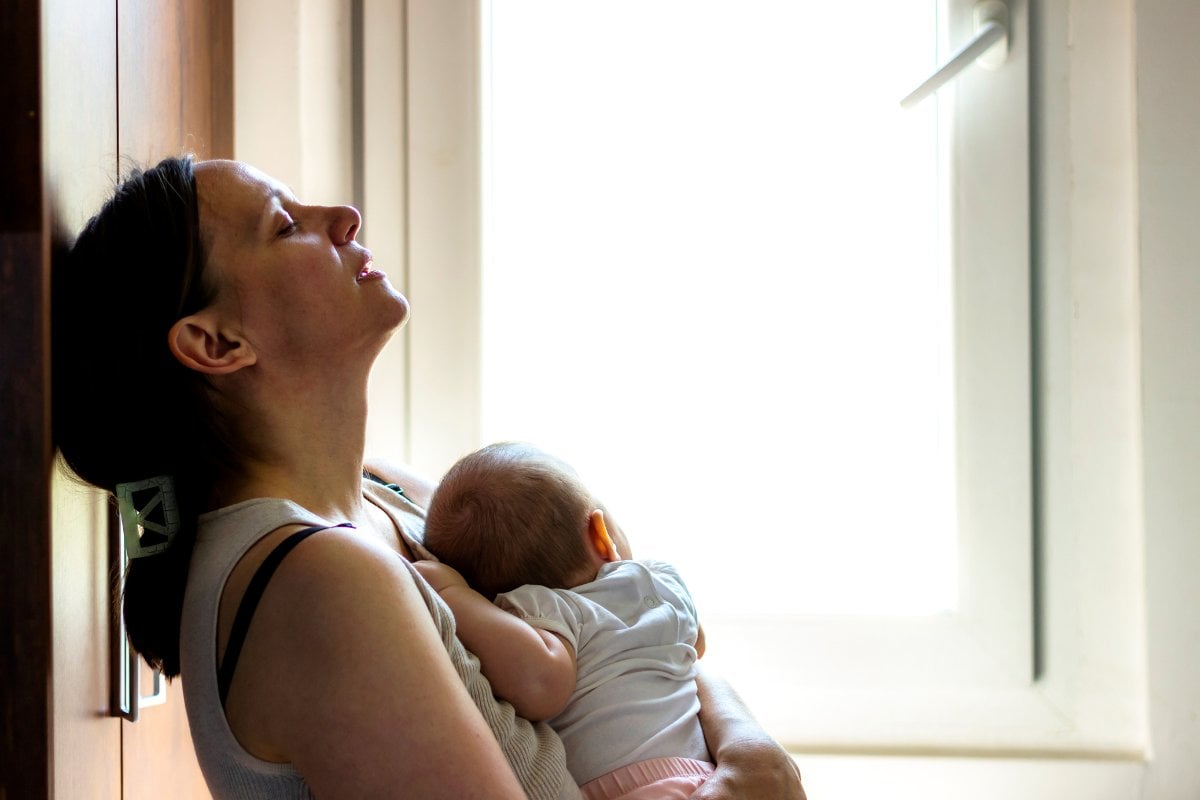
Sleep. It's an essential part of our well-being. Without sufficient z's in the sleep bank we can become irritable, stressed and, in extreme cases, it can start to negatively impact our health — both physical and mental.
And of course we all know that when we enter parenthood, it's the number one thing we lose (and miss the most) once we start this new chapter. When I became a mother for the first time two years ago, sleep deprivation rocked my world. Having given birth to a velcro baby, I was getting by on stretches of 45 minutes sleep around the clock.
I was shattered and as a result (along with other factors) I was diagnosed with post-natal depression. So integral was getting a teeny, tiny amount of decent sleep, my mind and body were severely depleted without it.
My story isn't unique. All around the world parents to newborns, toddlers, school aged-children and beyond are feeling the effects of not getting enough sleep. And we've got to the stats to back that up. Back in 2016 we first reported on exactly how many hours of sleep mums lose each week and I'm here to tell you those eight years... not much has changed.
Over the past couple of years there have been a number of significant studies and surveys which have illuminated just how dire parents sleep is these days. If you're reading this and yawning, you too may have fallen foul to your dreaded sleep deprivation era.
The first year is... rough.
The first year after welcoming a child is, as to be expected, takes a pretty aggressive dent out of our regular sleeping patterns, according to a survey conducted by Snuz. Out of 1300 parents, their stats showed that 7 out of 10 parents lost an average of three hours per night in the first 12 months of their baby's life.
